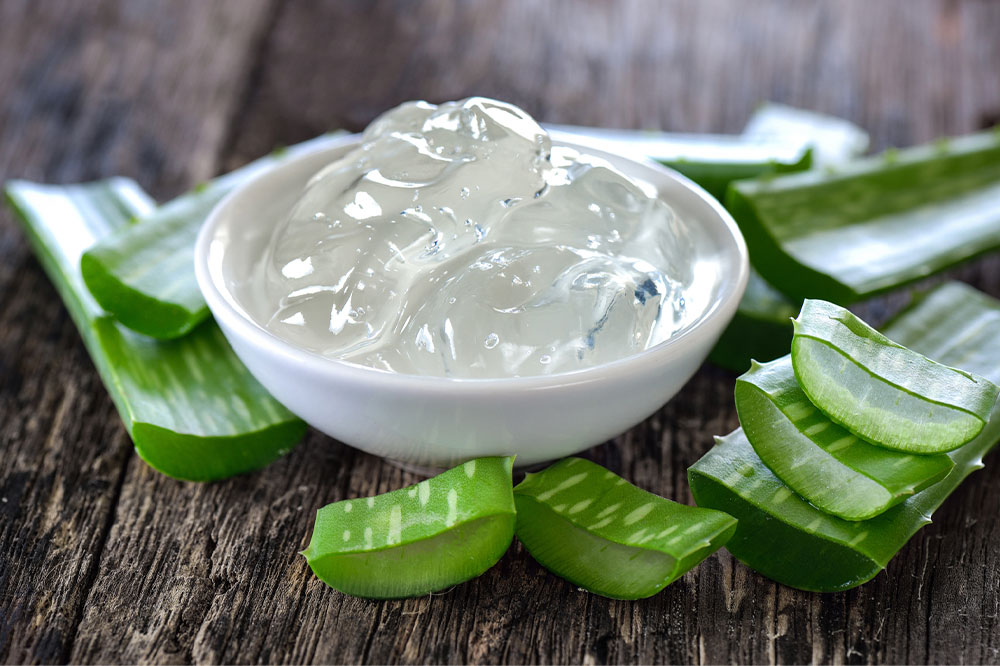The Complete Guide to Recognizing and Managing Psoriasis
This comprehensive guide covers psoriasis causes, types, treatments, natural remedies, and lifestyle tips, helping individuals better understand and manage this autoimmune skin condition effectively. Always seek professional medical advice for personalized care.

Overview of Psoriasis: Causes, Variants, and Treatment Options
Psoriasis is a chronic autoimmune skin disorder that speeds up the growth of skin cells, resulting in red, scaly patches that may be itchy and inflamed. Commonly found on elbows, knees, or the scalp, it can also appear on the face, palms, soles, or genital regions. While it has no known cure, various therapies—including topical applications, lifestyle modifications, and natural approaches—can help manage symptoms effectively.
Causes and Contributing Factors
The precise cause is not fully understood, but immune dysfunction and genetic factors play significant roles. In psoriasis, immune cells called T-cells attack healthy skin, prompting rapid cell turnover. A family history increases susceptibility to the condition.
Types of Psoriasis
Plaque psoriasis—The most prevalent form, featuring raised, red, scaly patches.
Erythrodermic psoriasis—A severe, potentially life-threatening form characterized by widespread redness and skin shedding.
Guttate psoriasis—Small, drop-shaped spots often triggered by infections.
Pustular psoriasis—White pustules on red skin, sometimes with systemic symptoms.
Inverse psoriasis—Smooth, shiny patches found in body folds like underarms or groin.
Psoriatic arthritis—Joint inflammation accompanying skin signs, often starting with skin symptoms.
Treatment Methods
Depending on severity and type, treatments range from topical creams for mild cases to systemic medications—oral or injectable—for more advanced stages. Phototherapy using ultraviolet light can also reduce skin cell proliferation. Always consult a healthcare professional before initiating any new therapy to ensure safety and appropriateness.
Natural Approaches and Lifestyle Advice
Home remedies such as Epsom salt baths, aloe vera, diluted apple cider vinegar, and turmeric may help soothe symptoms. Monitoring for allergies is important before use. Dietary choices rich in anti-inflammatory foods—like omega-3 rich fish, greens, berries, and citrus—can also support management. Avoiding smoking and alcohol can reduce flare-ups. Speak with your doctor about dietary and lifestyle modifications.
Remember: This article offers general insights. For personalized diagnosis and treatment plans, always consult a licensed healthcare provider.


